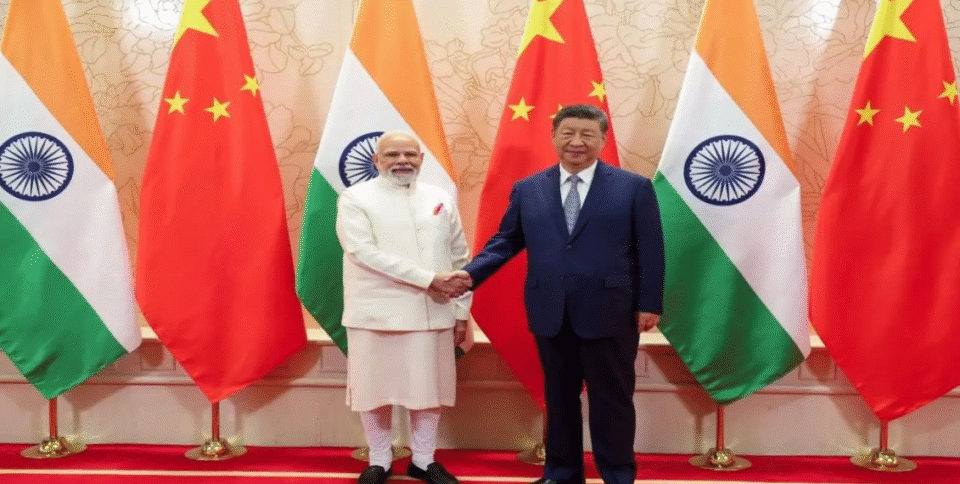Tianjin, China (Sept 1, 2025): Prime Minister Narendra Modi has outlined India’s vision for the Shanghai Cooperation Organisation (SCO), framing it around three central pillars — Security, Connectivity, and Opportunity — during the 25th meeting of the Council of Heads of State in Tianjin.
Modi stressed that peace and stability remain the bedrock of economic growth, but warned that terrorism and separatism continue to threaten global security. “India has borne the brunt of terrorism for four decades. Recently, the Pahalgam terror attack reminded us of the grave danger it poses. Terrorism is not just a threat to individual states but to humanity as a whole,” he said, thanking SCO partners for their solidarity.
On connectivity, Modi emphasized India’s efforts to improve regional trade and infrastructure links, citing the Chabahar Port and the International North-South Transport Corridor as key initiatives to strengthen access to Afghanistan and Central Asia. “Strong connectivity boosts trade, growth, and trust,” he noted.
Discussing opportunities, Modi pointed to India’s SCO presidency in 2023, when New Delhi introduced new areas of cooperation such as startups, digital inclusion, youth empowerment, and shared Buddhist heritage. He also proposed creating a Civilisational Dialogue Forum to showcase the cultural traditions and civilisational richness of SCO member states.
The summit also saw moments of diplomacy beyond the formal sessions. Modi briefly interacted with Russian President Vladimir Putin and Chinese President Xi Jinping before the plenary. He is scheduled to hold bilateral talks with Putin later on Monday. On Sunday, Modi and Xi met separately, welcoming what they called “steady progress” in bilateral ties since their October 2024 meeting in Kazan. Both leaders stressed that India and China are “partners, not rivals,” and called for relations based on mutual respect and sensitivity, framing stability between Asia’s two largest nations as essential for a multipolar world.
The SCO currently comprises 10 full members — India, China, Russia, Pakistan, Kazakhstan, Kyrgyzstan, Tajikistan, Uzbekistan, Iran, and Belarus — alongside dialogue partners and observers. India joined the group as a full member in 2017 after more than a decade as an observer.
During its presidency in 2022–23, India pushed for a “Secure SCO” framework, prioritising security, economic growth, connectivity, environmental protection, and respect for sovereignty. It also created new cooperation tracks on traditional medicine, youth engagement, innovation, and science.
Modi’s latest intervention underscored New Delhi’s intention to remain an active player in shaping SCO’s agenda as the grouping grapples with security challenges, economic uncertainties, and competing geopolitical interests across Eurasia.

